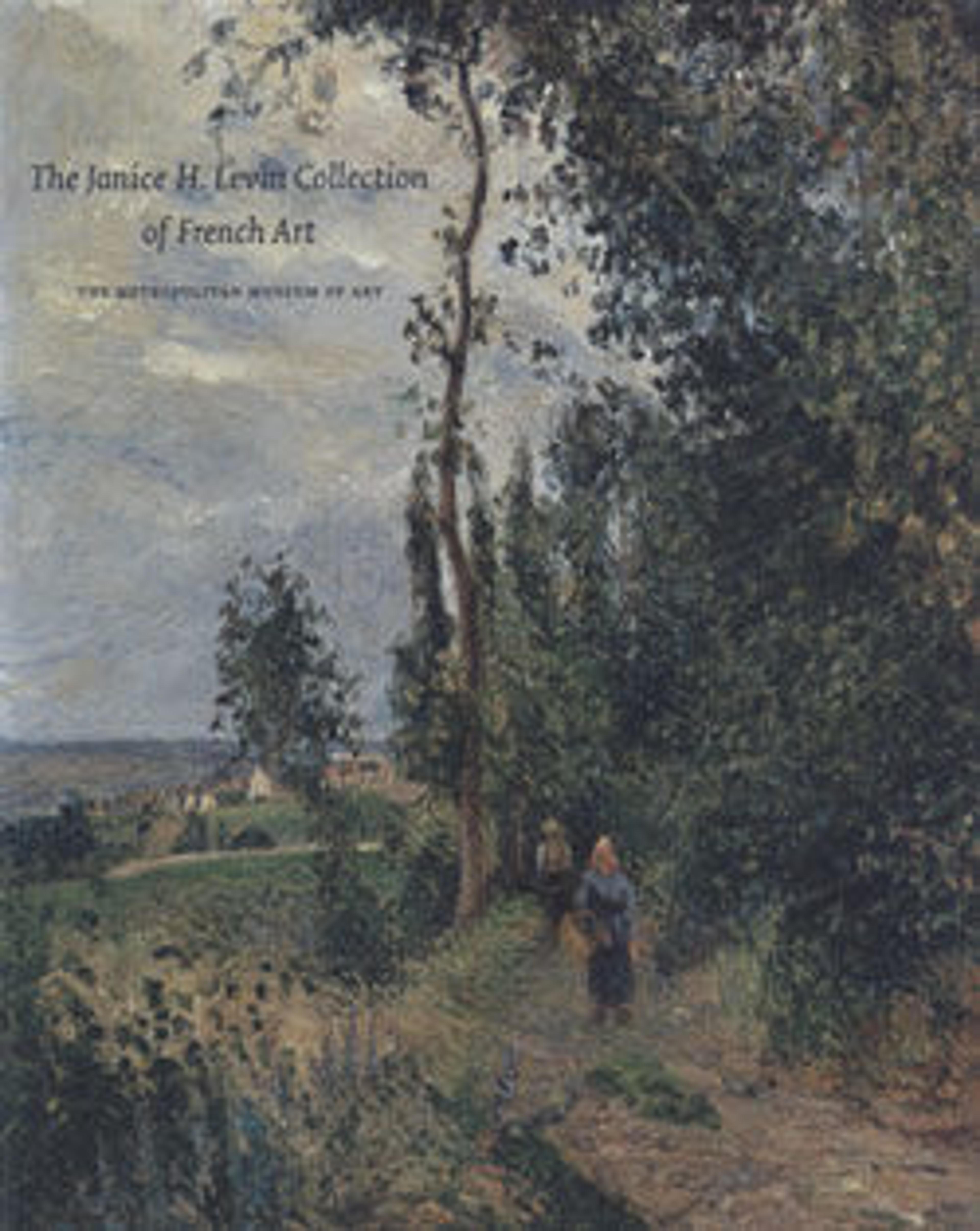Rearing Horse
Upon Degas's death in 1917, more than 150 figurative sculptures were found in his studio. Most were made of fragile wax, clay, and plastiline (a wax- and oil-based modeling material). Many had deteriorated. Only a few were preserved in copies that had been cast from them in plaster. Except for the wax Little Fourteen-Year-Old Dancer (Washington: NGA) none of these sculptures had been publicly exhibited during the artist’s lifetime.
Although Degas had not favored reproducing his sculptures in more permanent materials, his heirs authorized that copies be cast in bronze in order to preserve the compositions and to sell them as finished works. Paul-Albert Bartholomé, a sculptor and Degas's longtime friend, prepared 72 of the figures for casting, a process executed by the distinguished Paris foundry A.-A. Hébrard et Cie. The quality of the Degas bronzes was tightly controlled and their edition was limited. Only twenty-two editions of the series of 72 figures were cast. Each bronze within the series was assigned a number from one to seventy-two. The first twenty editions were assigned a letter from A-T. In most cases these numbers and letters were incised on the individual bronzes.
The series of 72 bronzes was completed before May 1921 when it was exhibited in Paris. Edition A, comprising the first and best casts of the series, was reserved for the important Impressionist collector Mrs. H. O. Havemeyer. She later acquired the first bronze cast of the Little Fourteen-Year-Old Dancer (lettered A, but not numbered), which had been omitted from the initial series. In 1929 Mrs. Havemeyer bequeathed Little Fourteen-Year-Old Dancer and 70 of the 72 Edition A Degas bronzes to the Metropolitan Museum of Art.
Although Degas had not favored reproducing his sculptures in more permanent materials, his heirs authorized that copies be cast in bronze in order to preserve the compositions and to sell them as finished works. Paul-Albert Bartholomé, a sculptor and Degas's longtime friend, prepared 72 of the figures for casting, a process executed by the distinguished Paris foundry A.-A. Hébrard et Cie. The quality of the Degas bronzes was tightly controlled and their edition was limited. Only twenty-two editions of the series of 72 figures were cast. Each bronze within the series was assigned a number from one to seventy-two. The first twenty editions were assigned a letter from A-T. In most cases these numbers and letters were incised on the individual bronzes.
The series of 72 bronzes was completed before May 1921 when it was exhibited in Paris. Edition A, comprising the first and best casts of the series, was reserved for the important Impressionist collector Mrs. H. O. Havemeyer. She later acquired the first bronze cast of the Little Fourteen-Year-Old Dancer (lettered A, but not numbered), which had been omitted from the initial series. In 1929 Mrs. Havemeyer bequeathed Little Fourteen-Year-Old Dancer and 70 of the 72 Edition A Degas bronzes to the Metropolitan Museum of Art.
Artwork Details
- Title: Rearing Horse
- Artist: Edgar Degas (French, Paris 1834–1917 Paris)
- Founder: Cast by A.-A. Hébrard et Cie (Paris)
- Date: modeled probably ca. 1880–90, cast 1920
- Culture: French
- Medium: Bronze
- Dimensions: 12-1/8 x 10-5/16 x 7-5/8 in. (30.8 x 26.2 x 19.4 cm.)
- Classification: Sculpture-Bronze
- Credit Line: H.O. Havemeyer Collection, Bequest of Mrs. H.O. Havemeyer, 1929
- Object Number: 29.100.426
- Curatorial Department: European Sculpture and Decorative Arts
More Artwork
Research Resources
The Met provides unparalleled resources for research and welcomes an international community of students and scholars. The Met's Open Access API is where creators and researchers can connect to the The Met collection. Open Access data and public domain images are available for unrestricted commercial and noncommercial use without permission or fee.
To request images under copyright and other restrictions, please use this Image Request form.
Feedback
We continue to research and examine historical and cultural context for objects in The Met collection. If you have comments or questions about this object record, please contact us using the form below. The Museum looks forward to receiving your comments.
